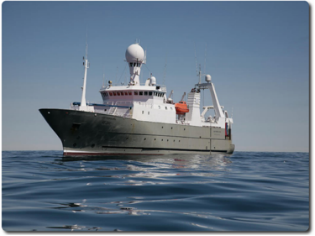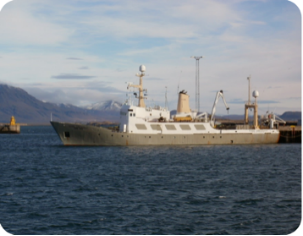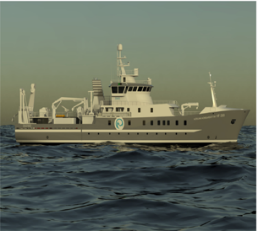Iceland maintains several research stations focused on Arctic and sub-Arctic research, including marine biology, ecology, geopolitics, and environmental studies. These stations serve as crucial hubs for understanding Arctic ecosystems and climate change impacts.
1. Sudurnes Science and Learning Center
Location: Sandgerði, southwestern Iceland
Focus: Marine biology, ecology, geology, and environmental research in the sub-Arctic region
Key Features:
- Supports field research and educational programs
- Focuses on marine biology and ecology
- Conducts environmental research in sub-Arctic region
2. Reykjavík University's Arctic Research Facility
Location: Reykjavík
Focus: Arctic geopolitics, energy systems, and the sustainability of Arctic communities
Key Features:
- Focuses on interdisciplinary research
- Studies Iceland's strategic role in the Arctic
- Research on Arctic geopolitics and energy systems
3. The University of Akureyri's Research Center
Location: Akureyri, northern Iceland
Focus: Research on Arctic ecosystems, Arctic law, and sustainable development
Key Features:
- Key institution in Arctic studies
- Studies Arctic ecosystems and law
- Research on sustainable development
4. Icelandic Institute of Natural History
Location: Reykjavik and Akureyri
Focus: Iceland's natural environment, biodiversity, and the impact of climate change on Arctic and sub-Arctic ecosystems
Key Features:
- Studies Iceland's natural environment
- Research on biodiversity
- Climate change impact studies
















